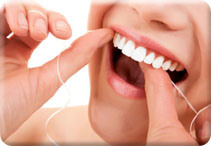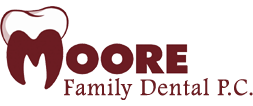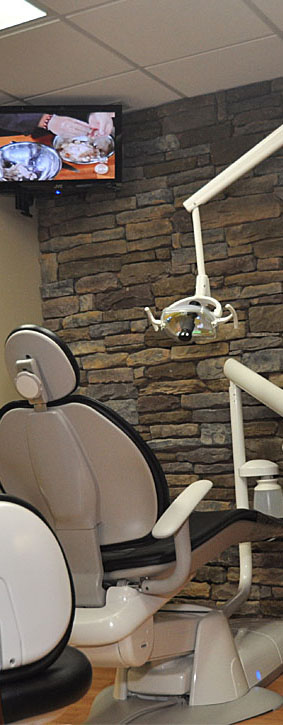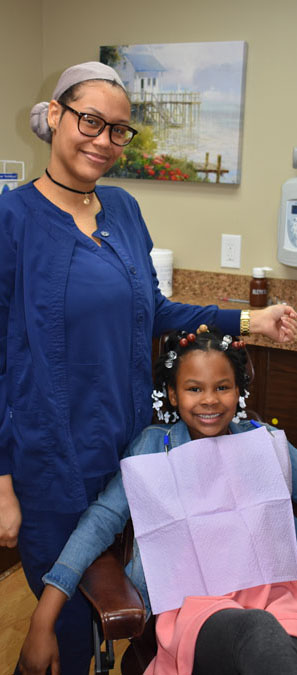 For many people, oral care begins and ends with brushing the teeth. However, dental experts agree that flossing daily is an important part of ensuring your oral health. In an article titled The Truth about Healthy Teeth: Your Guide to at-Home Dental Care, WebMD examined the statistics related to this issue and the ramifications of it: “A 2008 survey found that only 49% of Americans floss daily, and 10% never floss. That’s most unfortunate, dentists say, because flossing is even more important than brushing when it comes to preventing periodontal (gum) disease and tooth loss.”
For many people, oral care begins and ends with brushing the teeth. However, dental experts agree that flossing daily is an important part of ensuring your oral health. In an article titled The Truth about Healthy Teeth: Your Guide to at-Home Dental Care, WebMD examined the statistics related to this issue and the ramifications of it: “A 2008 survey found that only 49% of Americans floss daily, and 10% never floss. That’s most unfortunate, dentists say, because flossing is even more important than brushing when it comes to preventing periodontal (gum) disease and tooth loss.”
When you brush your teeth and examine your smile in the mirror, you may congratulate yourself on the job you have done; however, there are some things you cannot see. An educational website called HealthyTeeth.org highlights this by suggesting a science experiment for children. Wearing a glove, the young scientist should apply peanut butter between the fingers, tighten fingers together, and then attempt to remove it with a toothbrush and toothpaste. Clearly, this will not remove all of the peanut butter. The experimenter is then encouraged to use dental floss to aid in the removal of the peanut butter.
This intriguing experiment is an effective way to teach children about flossing, but it can be instructive for adults, as well. This is especially true given the statistics in the aforementioned survey, particularly the fact that 10% of people never floss.
However, even beyond food that may be invisible because it is stuck between teeth, there is another concern: dental plaque. If you are a non-flosser, consider this: dental plaque can perhaps best be described as a “complex bacterial ecosystem that forms on tooth surfaces between cleanings.” Once it forms, it wreaks havoc in a variety of ways, including causing “tooth decay, inflamed gums (gingivitis), periodontal disease – and, eventually tooth loss.” Definitely not something you want in your mouth and flossing will help you get rid of it.
Although brushing and flossing is important for everyone, it can be especially important for people with certain conditions, such as diabetes. If you are a very health person, brushing and flossing can be an integral part of helping you remain that way.
If you are a parent, grandparent, or caregiver, you can make dental health fun for children. You will be providing them with a valuable lesson that will last a lifetime. The peanut butter experiment above can be a very instructive way to demonstrate the fact that brushing alone is not enough. You can take it a step further by demonstrating proper brushing and flossing techniques, inviting them to brush and floss with you, and making sure that a toothbrush, toothpaste, and dental floss are always available for their use.
Finally, if you are not sure how to floss – or how to get your child to floss, don’t be afraid to ask the dentist or a member of the Moore Family Dental staff. The team is committed to helping you achieve and maintain the best possible oral health. If you just need a refresher, the following crash course may help you.
- Be gentle. Resist the urge to rush.
- Place the floss between teeth and – gently – move the floss up and down along the sides of the teeth.
- Repeat until you have flossed throughout your mouth.
- Repeat daily.
Even if you have never flossed, you can start today. It will make a tremendous difference in your oral health.



